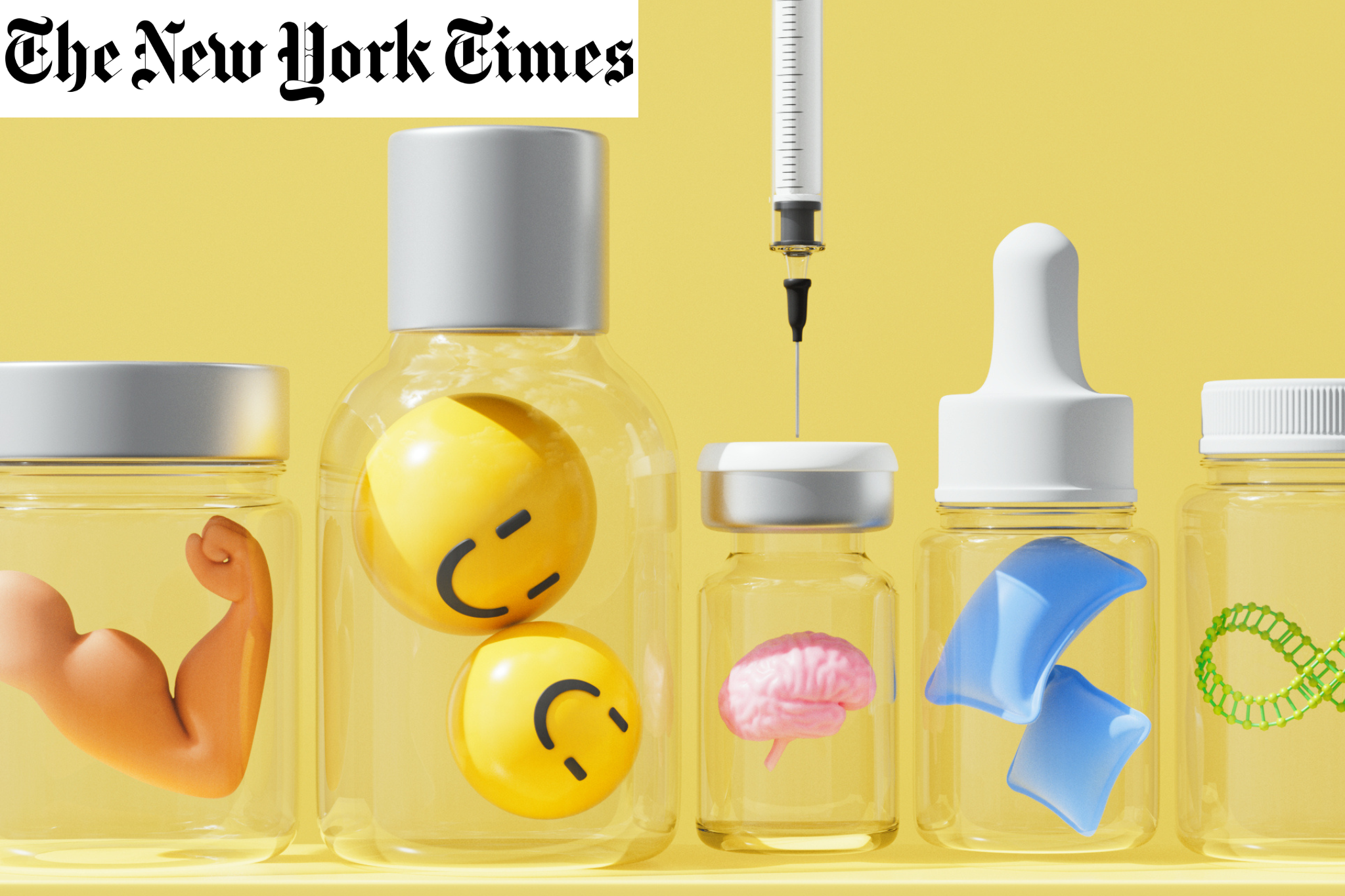An estimated one in eight men will be diagnosed with prostate cancer in their lifetime, often after 65. And as terrifying as that number is, a diagnosis isn’t always quite what it seems. Today, the vast majority of patients will survive the disease — and a growing number of men are living out their lives without ever undergoing treatment.


























